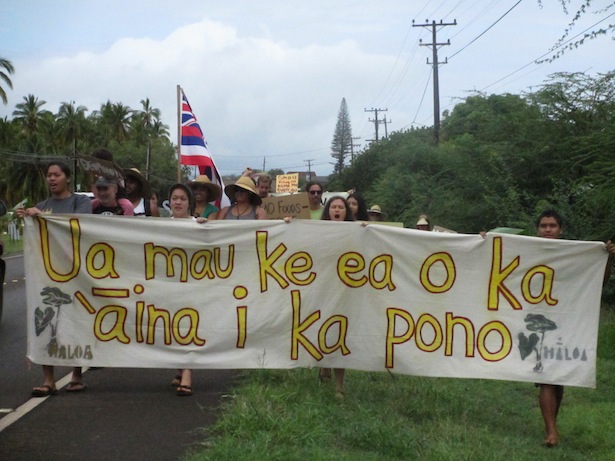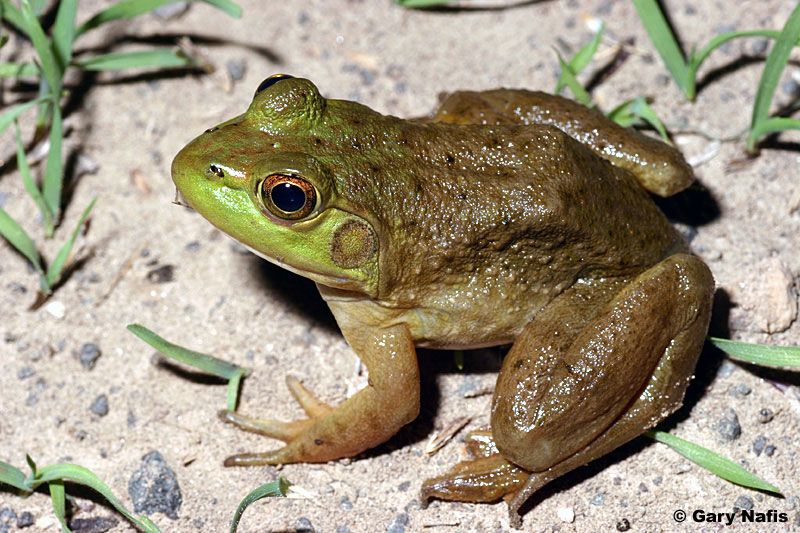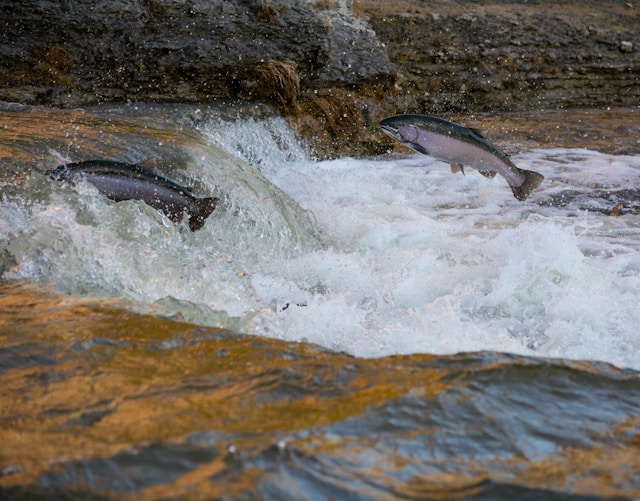
Red Lights Flashing for Wildlife
Editor’s Note: While climate change is taken as THE pressing ecological concern of current era, biodiversity loss is the often less known but probably more destructive ecological disaster. UNEP estimates we lose 200 species in a day. That is 200 species that are never going to walk the Earth again. With these, we lose 200 creatures that play a unique and significant part in the natural communities, and immeasurable contributions of each to the health of the nature. This study finds 69% average drop in animal populations since 1970. Over those five decades most of the decline can be traced to habitat destruction. The human desire for ever more growth played out over the years, city by city, road by road, acre by acre, across the globe. It is to want a new cell phone and never give a second thought as to where it comes from. Corporations want to make money so they hire the poor who want only to feed their families and they cut down another swath of rainforest to dig a mine and with it a dozen species we haven’t even named yet die. Think about what goes into a house to live in and the wood that must come from somewhere, and the coal and the oil to power it, and to power the cars that take people from there to the store to buy more things. And on and on, that is the American Dream. ...




